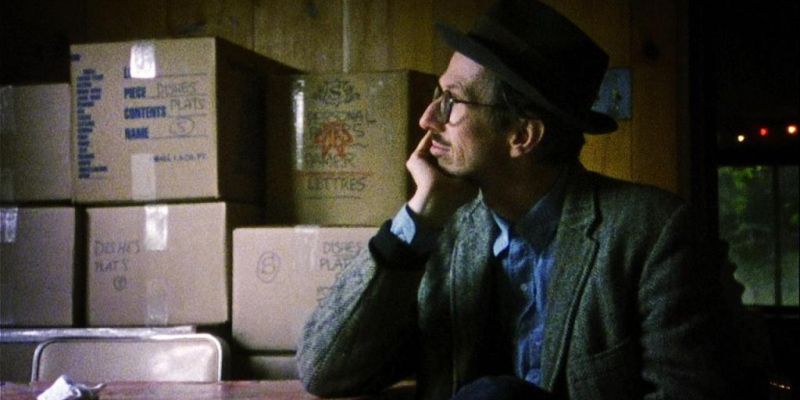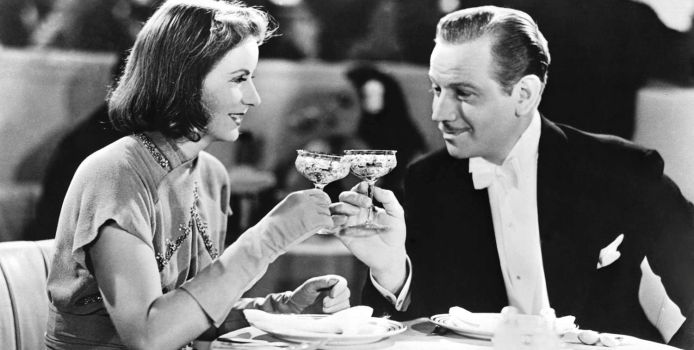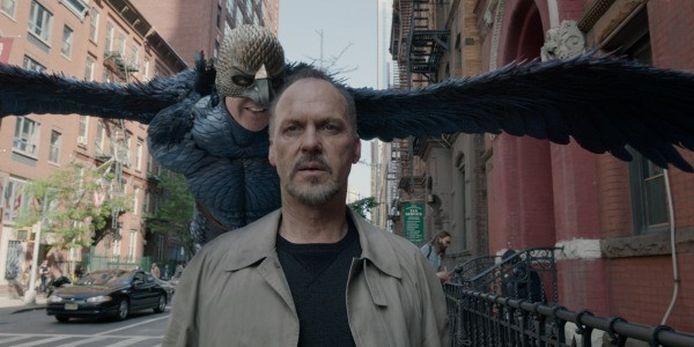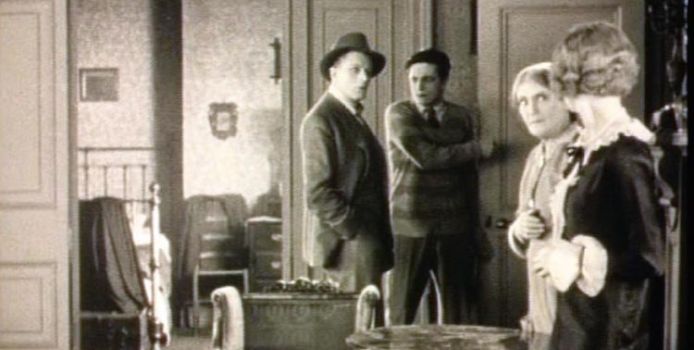history
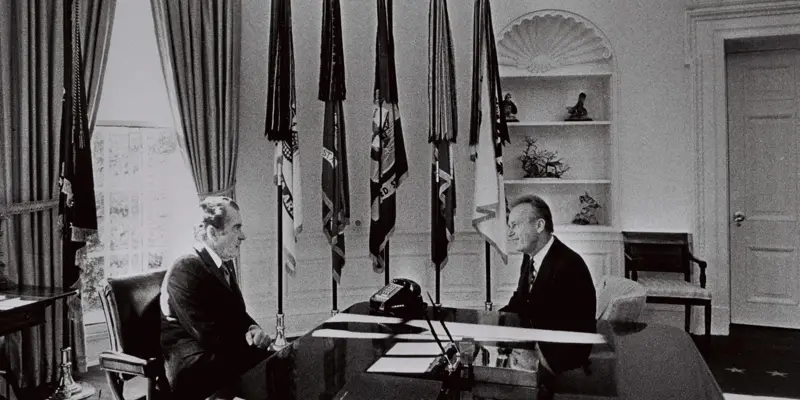
The Israel-Palestine conflict has been an enduring presence in our lives for generations now. Many know little about it, other than that it’s a perpetual and unfortunate situation with little hope for sustained resolution. They are unlikely to add significantly to that knowledge through a viewing of The Prime Ministers Part II:
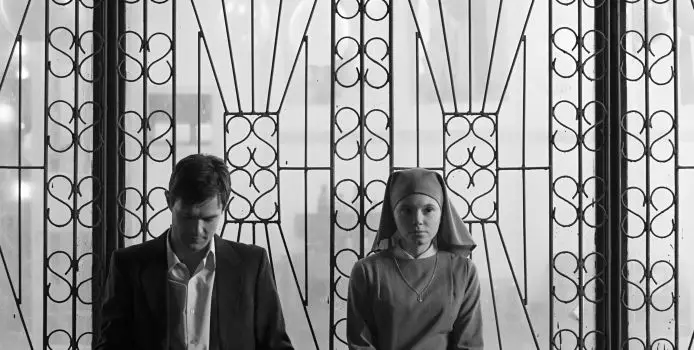
The film Ida by Pawel Pawlikowski is admired by critics and viewers around the world. The movie won awards at important international festivals and it was nominated for an Academy Award in the category for Best Foreign Language Film. A glimmer of hope woke in the Poles after winning a golden statue:
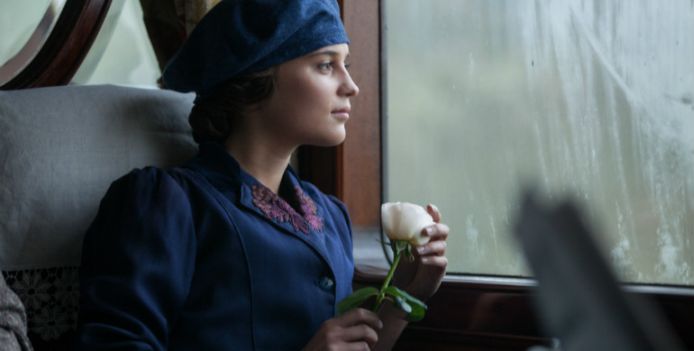
Testament Of Youth is based on Vera Brittain’s memoir of the same name. Her book pays homage to her own losses while growing up during World War I, but also the great loss felt by her generation. Brittain’s book is perhaps unique in that in the UK we are often told about the loss of life during the war.
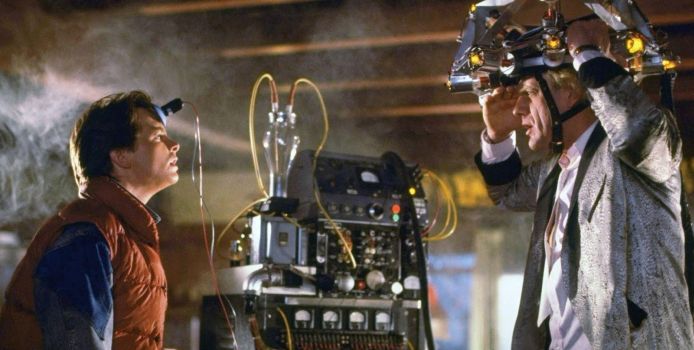
In some ways, the cinema is the closest thing we can experience to travelling through time – certainly the closest of any art form. In the dark room of a movie theatre, an audience can be transported to the distant past or spectacular visions of the future, and even in watching films from the 30’s and 40’s we can look at the lives and faces of people who died many years ago. Time travel became popular as a literary device with HG Well’s The Time Machine – published in 1895, the same year that the Lumière Brothers made Arrival of a Train at La Ciotat.
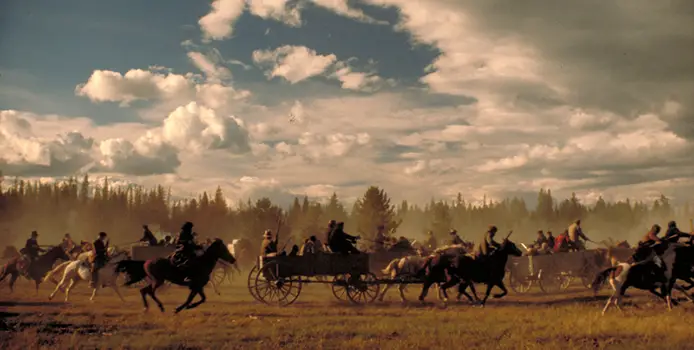
The New Hollywood – The End of an Era By the late 1970’s, the film industry had undergone a renaissance. The New Hollywood movement made it so the directors were the “auteurs” of their films, and artistic freedom reigned over modern movies. Unfortunately, all great things must come to an end, and the demise of The New Hollywood movement was on the horizon.
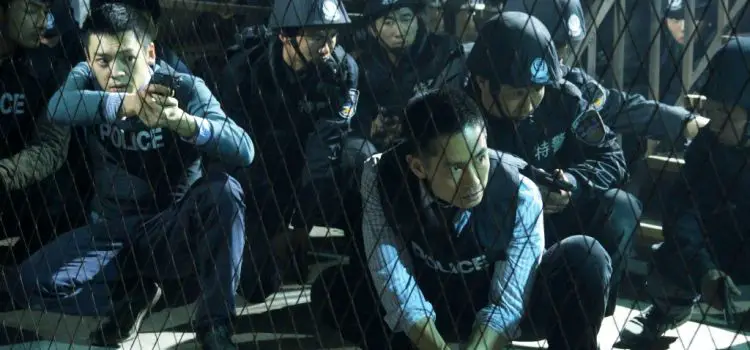
If you look at the films of Hong Kong before and after 1997, there is a striking difference. The action films leading up the nineties were fast-paced, tough, gritty with an edgy quality that paralleled Hollywood’s assembly line modeled studio era. The years surrounding the handover of Hong Kong to mainland China around 1997 proved to be an uncertain time for Hong Kong’s bustling film industry.
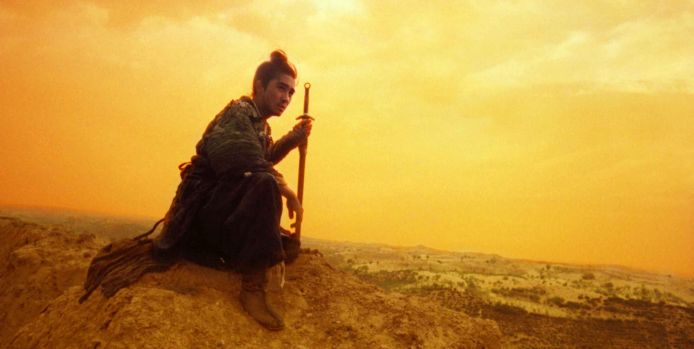
The 1980’s through the years leading up the handover in 1997 were paramount in Hong Kong’s long-running series of action films. They have yielded some of the best titles to have emerged from the crown colony as it was in this era. The very words “Hong Kong” at this point in time stirs up images of hit men wielding two handguns, flying swordsmen, and an endless array of bright neon lights.
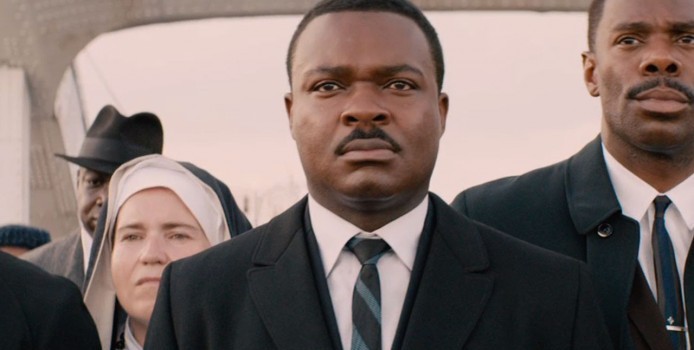
John Legend and Common’s powerful performance of Best Original Song nominee, “Glory,” and brave acceptance speech was one of the highlights of the Oscar ceremony last week. That song was a resonant soul/hip-hop combo that captured the atmosphere of its source film well: Ava DuVernay’s Selma, a historical drama about Martin Luther King and the Voting Rights Act of 1965.
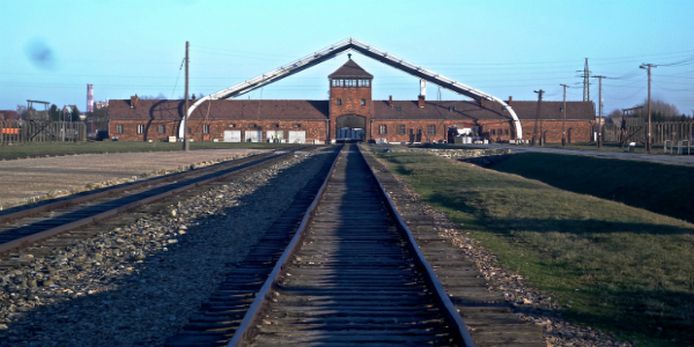
My visit to Auschwitz was more uncanny than overwhelming As a child my eyes used to always glaze over when my father watched what he gleefully called ‘boring black and white documentaries’, it was all he ever put on the television. Despite this, I still had an interest in World War 2, it was the most pivotal moment of the 20th century and so many films have been influenced by the event, however the Vietnam War films of the 70’s and 80’s garnered most of my attention in my early teens. By my late teens however, I found my once average interest burgeoning to the point where I was the one incessantly watching the boring black and white documentaries.
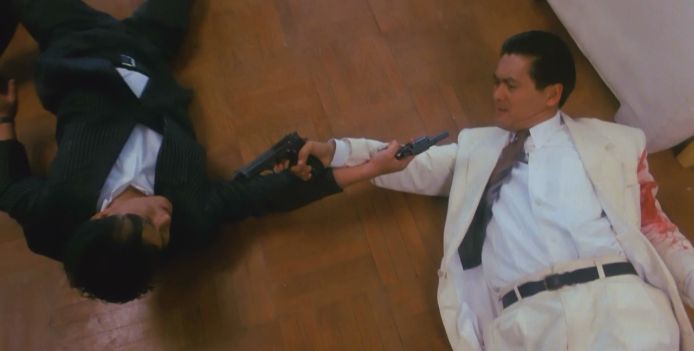
The Hong Kong New Wave of the late 1970’s had diverted, and the benefit of this diversion was the short-lived, but prolific Cinema City in 1980. Founded by comedians Alan Mak and Wong Jin, Cinema City would be the jumping point for some of Hong Kong’s most prestigious directors. John Woo, Ringo Lam, Tsui Hark, Eric Tsang, Ronny Yu, and Johnnie To found their way into the film business through Cinema City; these filmmakers would make some of the most innovative and energetic films ever.
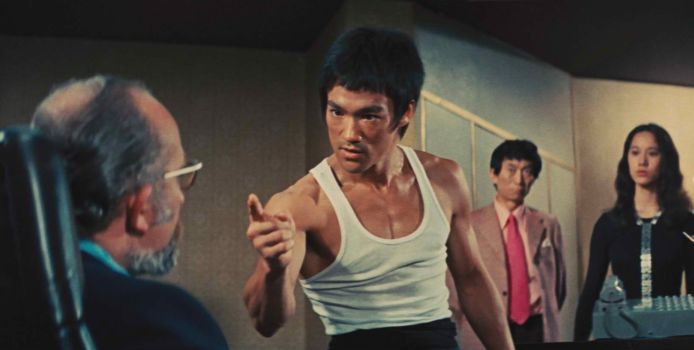
This article is part of a series on the history of Hong Kong action cinema – find the other parts here. The 1960’s and 70’s are probably the most pivotal time regarding the growth of Hong Kong action films. The Martial Arts craze would take shape as the Shaw Brothers become the foremost authority regarding the kung-fu craze that would follow in the wake of their massive quantity of quality movies.


